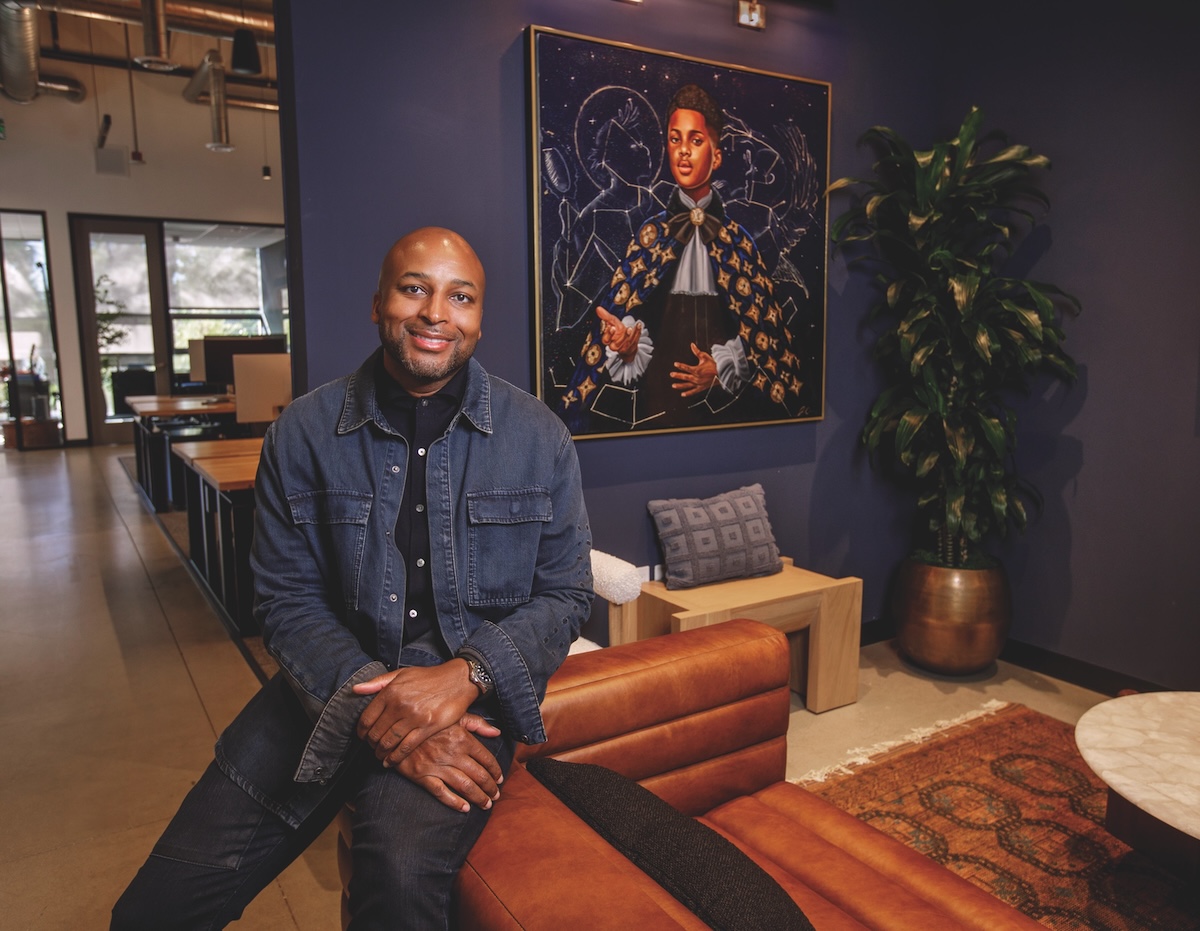Unlocking the Enigma: Dispelling Common Misconceptions about Dissociation
Dissociation, a term often shrouded in mystery and misunderstanding, has emerged as a topic of growing fascination. From fictional portrayals to casual conversations, the concept of dissociation is frequently misrepresented, leading to misconceptions and stigma.
But what is dissociation truly about? Experts emphasize that it’s a natural human response to overwhelming stress or trauma.
Dr. Jamie Marich, a renowned expert in trauma and dissociation, aptly explains: "Dissociation is a way for our minds to protect us when faced with things that feel too much to handle."
Imagine a car suddenly swerving in front of you while driving. For a brief moment, you might experience a sense of detachment, feeling as though you’re observing yourself from outside your body. This momentary disconnection, a mild form of dissociation, is a common survival mechanism.
The reality is, dissociation exists on a spectrum. While some individuals may experience fleeting episodes of daydreaming or zoning out, others may struggle with more pervasive and debilitating forms.
Dr. Marich highlights the importance of understanding this nuanced reality: "There are varying degrees of dissociation, ranging from mild to severe. While some experiences are temporary and harmless, others can significantly impact daily functioning."
Contrary to popular belief, dissociation is not a sign of mental weakness. Instead, it can be a testament to the mind’s incredible capacity for resilience. When faced with extreme adversity, the brain deploys dissociation as a coping mechanism to prevent psychological overload.
However, when dissociation becomes chronic or interferes with daily life, seeking professional support is crucial. Just like any other health concern, addressing dissociation requires a multi-faceted approach that may involve therapy, medication, or a combination of both.
Understanding dissociation is vital to breaking down the stigma and fostering empathy for those who experience it. By shedding light on its complexities and debunking harmful myths, we can create a more informed and compassionate society that supports individuals on their journey toward healing and wellbeing.
[Insert original social media embeds here]


